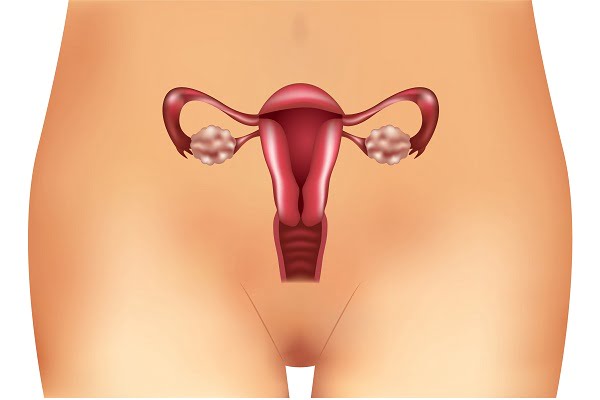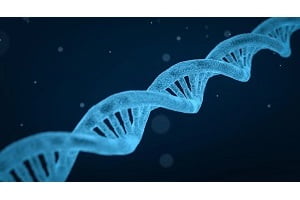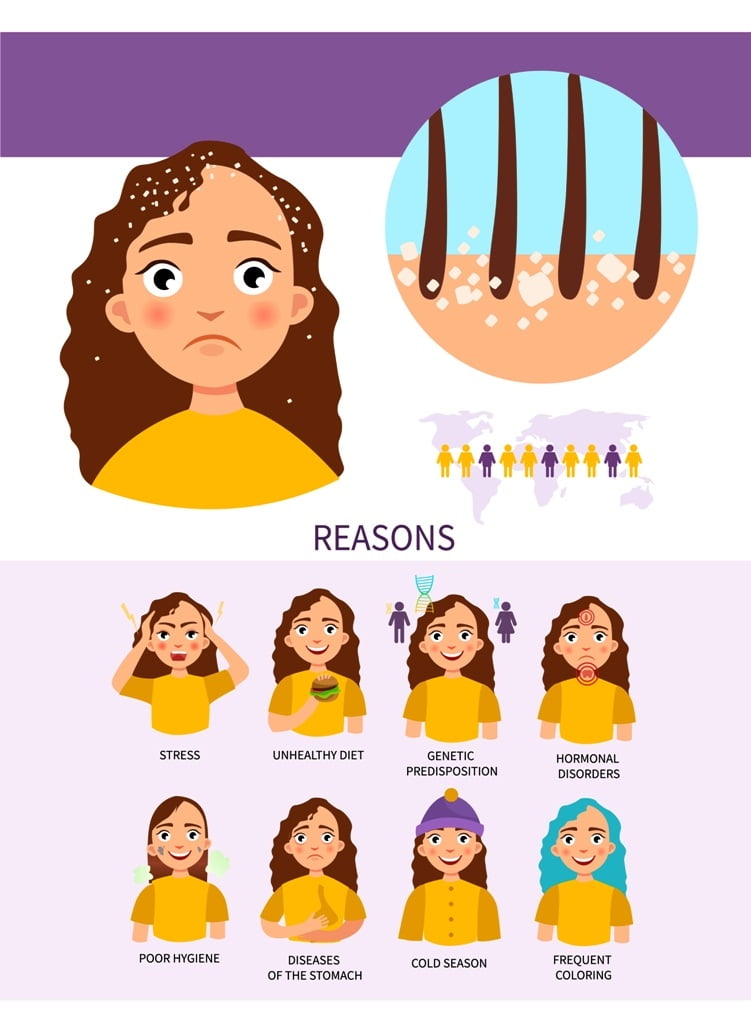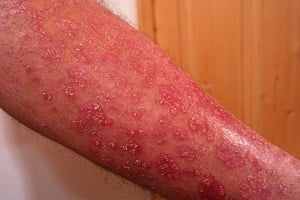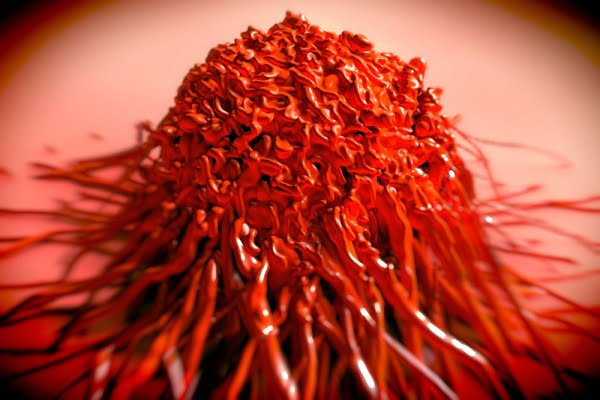Browsing: Cancers
 The page provides quick access to a list of common diseases, syndromes, health conditions, and other topics of health importance related to cancer. The list is organized alphabetically. Links are provided to respective diseases sections that serve as a comprehensive and ultimate guide about the disease or health condition.
The page provides quick access to a list of common diseases, syndromes, health conditions, and other topics of health importance related to cancer. The list is organized alphabetically. Links are provided to respective diseases sections that serve as a comprehensive and ultimate guide about the disease or health condition.
For normal growth and development of our body, cells continue to grow and divide to form new similar type of cells. If any cell starts dividing abnormally, it develops into a tumor which leads to cancer formation. Cancer can occur in any part of the body such as affecting the blood cells, bone, nerve, adrenal gland, ovaries etc.
There are several reasons that can turn a normal body cell to develop abnormally and become cancerous. Significant factors which can lead to various types of cancers are due to exposure of chemical or toxic compounds, ionizing radiation, certain pathogens and human genetics.
Cancer is among the leading causes of death worldwide. In 2012, about 14.1 million new cases and 8.2 million cancer-related deaths have been reported around the world. In women, breast cancer is most prevalent, whereas in men, prostate cancer is quite frequent. Lung cancer and colorectal cancer affect both men and women with high incidence rate.
There are over 200 different types of cancer. The most common type of cancers are breast cancer, lung and bronchus cancer, prostate cancer, colorectal cancer, skin cancer, bladder cancer, non-Hodgkin lymphoma, kidney and renal pelvis cancer, endometrial cancer, leukemia, pancreatic cancer, thyroid cancer and liver cancer.
Cervical cancer is caused due to various factors including DNA mutations, gene defects, and infection by HPV. HPV has greater chances of causing cancers of the cervix as well as cancers of the penis in men. Infection by HPV can also lead to cancers of the mouth, throat, and anus in both men and women.
Cervical cancer is not hereditary, but there are chances of cervical cancer to run in some families. Almost 95% of its cases are due to persistent infections by the HPV virus. About four out of five sexually active women (about 75 to 80%) can be infected with some type of HPV throughout their lives. But, it is not mandatory that all these women will acquire cervical cancer.
Breast cancer is a form of the disease in which breast cells become abnormal and start multiplying abnormally to form a tumor. Breast can is commonly found in women, but it can also develop in males. The genetics of breast cancer involves mutation of some genes which increase the risk of a woman to develop breast cancer. BRCA gene (BRCA1 and BRCA2 gene) mutation is responsible for the majority of inherited breast.
Most salivary gland cancers are benign and do not spread to other body parts, but some salivary gland cancers become cancerous and spread to other body parts and can be lethal. Salivary gland cancer involves different types of surgery, including neck dissection, parotidectomy, submandibular or sublingual gland excision, etc. All these surgeries are performed carefully to avoid any serious damage to the nearby organs.
Breast Changes During and After Pregnancy: Have I Got Breast Cancer?
Breast changes during and after pregnancy are not cancer symptoms. A large number of breast changes occur in women both during and after the pregnancy and it is normal because it prepares them to feed their baby. Breasts change a lot during pregnancy to prepare them for feeding the baby. An increase in hormone is responsible for these changes.
Uterine cancer is also known as womb cancer. This affects female reproductive parts. There are four stages of uterine cancer, and the treatment options depend on the stage of cancer. The treatment options for uterine cancer mainly includes different types of surgeries like hysterectomy, lymphadenectomy, omentectomy,and laparatomy. All these surgeries are performed through different methods.
Stomach cancers are very difficult to diagnose at early stages because in most cases they do not present any specific symptoms in initial stages. Most of the stomach cancers are difficult to treat because they are diagnosed at later stages when they have already metastasized to other parts of the body.
Surgical removal of adrenal gland is called adrenalectomy. It is the best choice to cure adrenal cancer. Nearby lymph nodes and tissues may also be removed during this surgery. In some cases surgeons remove tumors that may have spread to other parts of the body.
Leukemia patients are more prone to skin problems like skin rashes (leukemia rash), itching on the skin, leukemia bruises, pale skin and tiny red spots on the skin. Itchiness, pain and discomfort are the first signs of skin related problems due to leukemia. Treatment methods exist to treat rashes and other skin problems due to leukemia.
Basics of Lymphoma: Hodgkins and Non-Hodgkins Lymphoma
Lymphoma is the cancer of lymphocytes, infection-fighting cells of the immune system. Lymphocytes are present in the lymph nodes, thymus, bone-marrow, and various other parts of the body. In lymphoma, lymphocytes change and grow out of control. Lymphoma cancer starts in the white blood cells, or lymphocytes and can spread, or metastasize, to different parts of the body because it is present in the blood stream.




